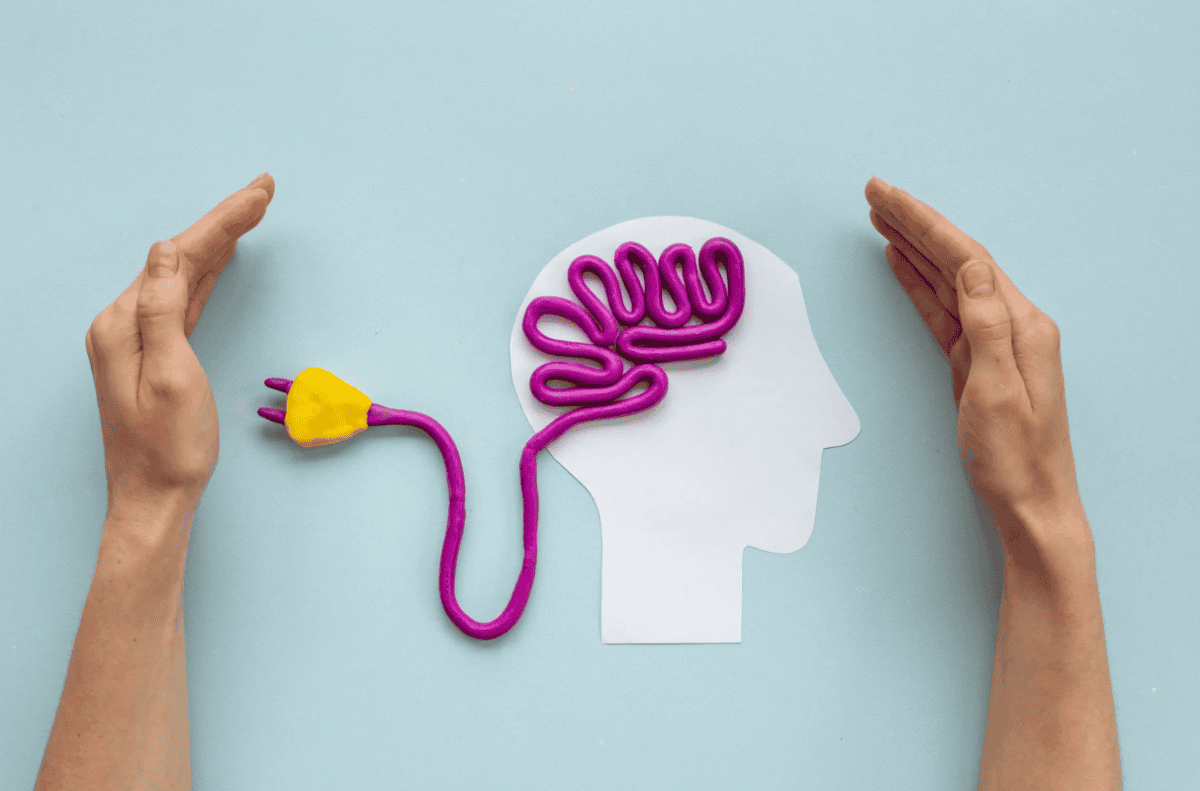Non-communicable diseases (NCDs) account for 41 million lives globally. Many of these diseases are chronic and require at least several years for recovery. These mainly include cardiovascular diseases, cancer, chronic respiratory disease, and diabetes, which need prolonged treatment. It may even include diseases like Charcot Marie Tooth Disease Type 2 (CMT2).
These chronic diseases significantly impact the quality of life of individuals and necessitate the use of positive coping mechanisms for dealing with them emotionally and physically.
Let’s dig deeper and better understand CMT2 and the ways it can emotionally exhaust individuals who suffer from it.
What is Charcot-Marie-Tooth Disease Type 2?
Charcot-Marie-Tooth disease (CMT) is a rare inherited nervous system disease with multiple forms. It impacts the peripheral nerve that links the spinal cord/brain to other body parts. CMT is grouped into categories, and one of them is CMT2.
While Type 1 is characterized by the degeneration of the myelin sheath of the internal nervous organs, CMT2 affects the axons of the peripheral nerves that govern the muscles’ signal transmission. It alters the process through which the brain informs muscles on the kind of movement to undertake and causes progressive physical decline.
Some common symptoms of CMT2 are weakness of muscles in the hands and feet, muscle atrophy, frequent muscle cramps, and other pain or sensory issues. These physical limitations can significantly alter how individuals function in day-to-day living, interact in social situations, and be as independent as possible.

The Emotional Weight of Living with CMT2
The impact of CMT2 can be overwhelming for your emotional well-being. Living with a disease that doesn’t have a particular treatment can weigh heavily on your mind and create a sense of uncertainty because of the unpredictability of the disease’s progression.
Here are some ways CMT2 can leave individuals feeling vulnerable and exhausted:
- The feeling of Isolation and Loneliness
Feeling lonely and dissociating yourself when struggling with a health challenge is common. At the end of the day, the patient may feel like there’s no one to rely on, and it is only them fighting this battle. They may decrease their social interactions, making them isolate themselves because of feeling helpless. The condition can also cause mobility issues to arise, and some individuals may avoid gatherings for fear of being judged or misunderstood.
- Dealing with Anxiety and Depression
The emotional weight of CMT2 can trigger anxiety about the future or depression from limitations and dependability. These feelings can manifest in various ways, such as persistent worry, difficulty concentrating, changes in appetite, sleep disturbances, and feelings of sadness and hopelessness.
- Frustration and Loss of Independence
The progressive nature of CMT2 can lead to a gradual loss of independence. Individuals may find it increasingly difficult to perform everyday tasks such as dressing, bathing, or cooking. This loss of autonomy can have a profound impact on self-esteem and body image and originate a sense of frustration in individuals.

Managing Emotional Health
The physical symptoms of CMT2 can trigger significant emotional challenges for sufferers. Building emotional resilience is crucial for getting through these challenges. One should seek professional help from therapists and counselors and get their hands on valuable tools and effective therapies for managing emotions and improving coping strategies.
Fostering strong support networks with family, friends, or support groups can also offer additional emotional and practical support and a sense of togetherness. This would help individuals empower themselves and live a fulfilling and courageous life despite their struggles with CMT2.
Final Words About CM2
Living with CMT2 comes with unique emotional challenges that may not be easy to navigate alone. Understanding and addressing these feelings can significantly improve one’s quality of life with the right support, coping strategies, and awareness.






























